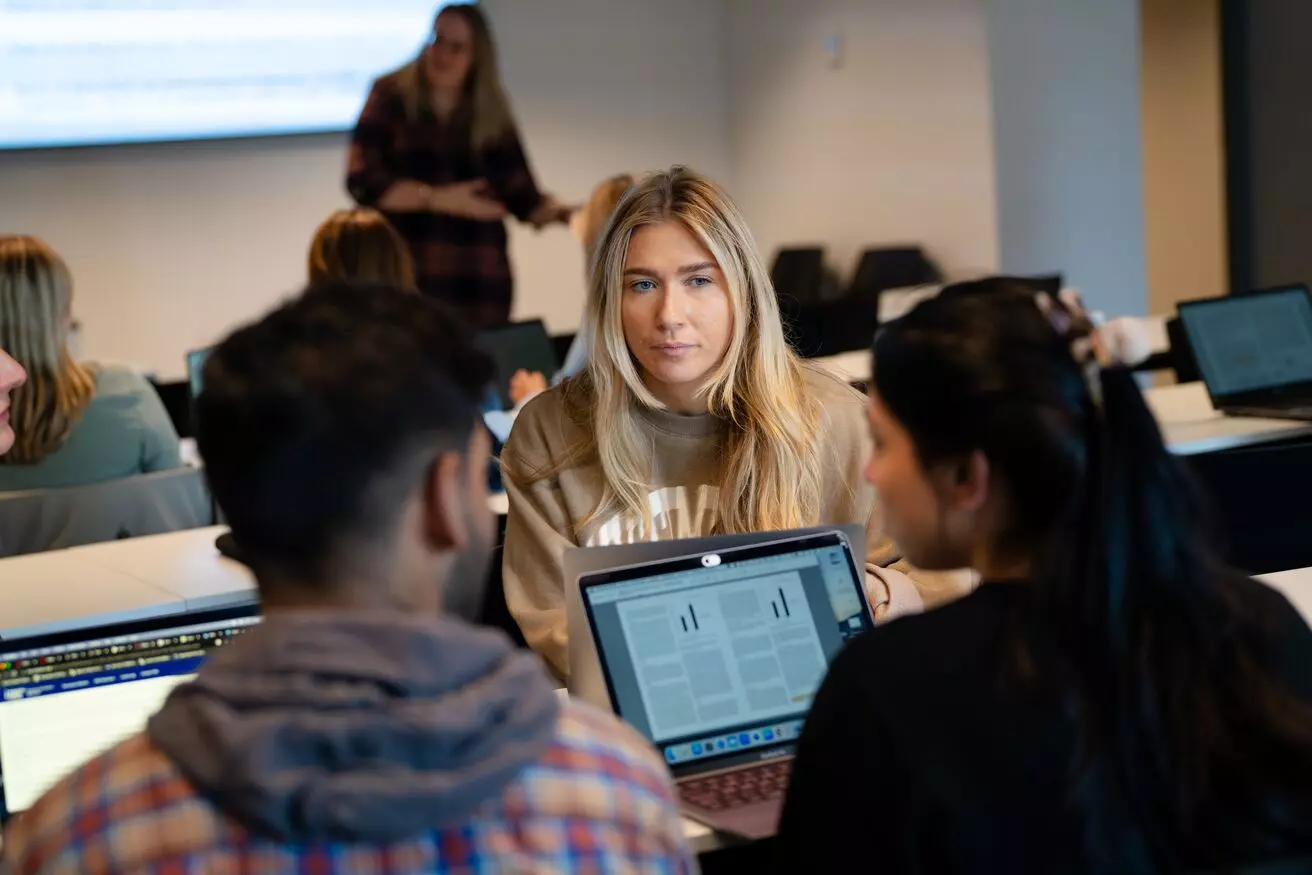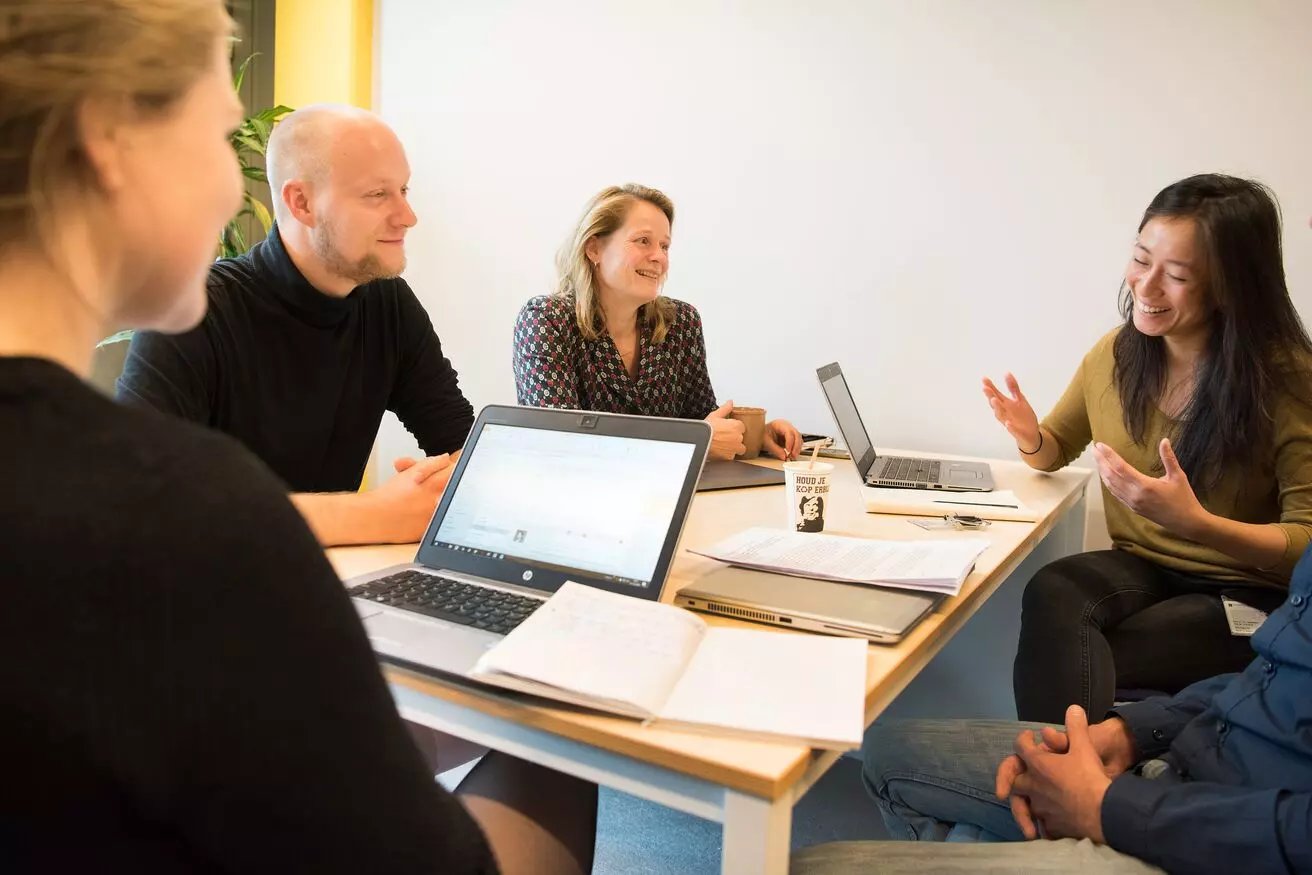Not found

More vacancies

Ombudsstudent (Student Liaison) for the Graduate School of Communication
- Faculty of Social and Behavioural Sciences
- €2.925 - €2.981
- Closes on27-06-2025
- University
- Minimum 8 hours
Are you exceptionally interested in the inner workings of an educational institution? Is it your ambition to become a key player in enhancing the student experience and fostering a supportive academic environment? Do you thrive in a challenging role within a dynamic setting? Then we have the perfect challenge for you!
View vacancy
.jpg)
PhD positions in animating metamaterials
- Faculty of Science
- €2.901 - €3.707
- Closes on30-06-2025
- Master's
- 38 hours
Are you enthusiastic about exploring the fascinating interplay between physics and mechanics? We are delighted to offer two exciting PhD positions in the Machine Materials Laboratory, located at the Institute of Physics of the University of Amsterdam.
View vacancy

PhD on Modelling Pre-biotic Origin of Life as an Emergent Phenomenon of Complex Dynamical Systems
- Faculty of Science
- €2.901 - €3.707
- Closes on17-06-2025
- Master's
- 38 hours
Passionate about big questions? Tackle the Origin of Life as a PRELIFE PhD!
View vacancy
This website uses cookies
We, and third parties, use cookies on our website. We use cookies to ensure that our website functions properly, to store your preferences, to gain insight into visitor behavior, but also for marketing and social media purposes (showing personalized advertisements). By clicking 'Accept', you agree to the use of all cookies. In our Cookie Statement. you can read more about the cookies we use and save or change your preferences. By clicking 'Refuse' you only agree to the use of functional cookies.
